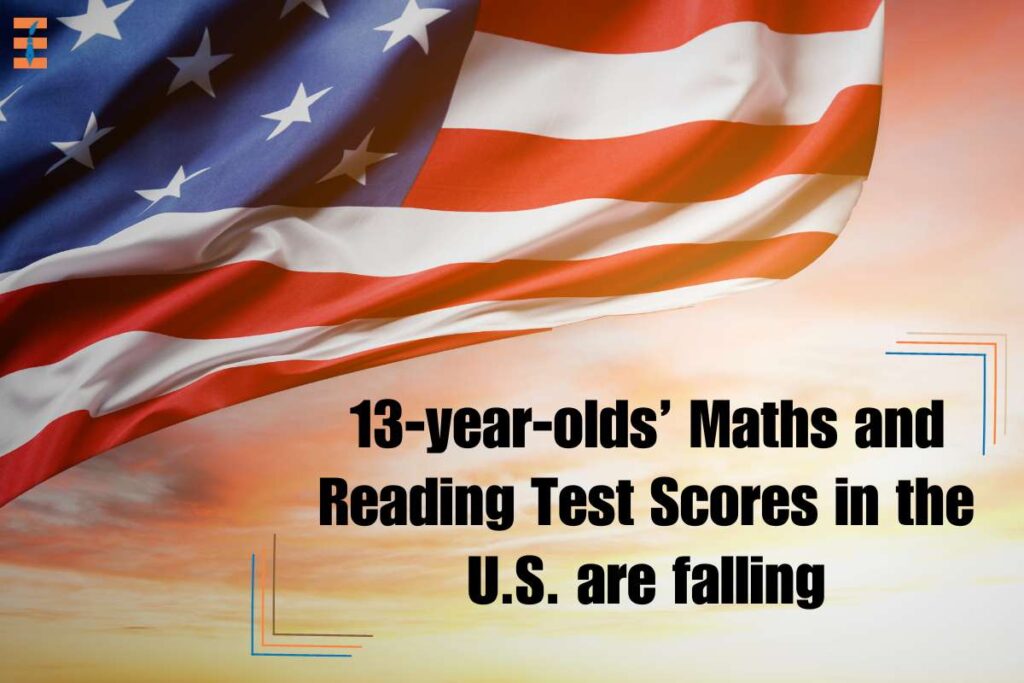According to the findings of a federal test known as the nation’s report card, math and reading scores among 13-year-olds in the United States have dropped to their lowest levels in decades, with math scores plummeting by the biggest margin ever recorded.
The findings, which were made public on Wednesday, are the most recent indicator of the deep learning failures experienced during the coronavirus outbreak. The latest test sheds light on the endurance of those failures, lowering prospects of an immediate academic recovery, whereas earlier tests had exposed the extent of America’s learning loss.
Worrisome Signs
Peggy G. Carr, commissioner of the National Centre for Education Statistics, a division of the federal education department, stated that there are still “worrisome signs about student achievement” more than two years after the majority of students returned to in-person instruction. Carr remarked in a statement that “the ‘green shoots’ of academic recovery we had hoped to see have not materialised.”
The average maths score of 13-year-old students in the national sample dropped nine points between 2020 and 2023. Scores in reading decreased by four points. 8,700 students in each subject took the test, which was formally known as the National Assessment of Educational Progress (NAEP), from October to December of last year.
There were variations based on race as well. Arithmetic test results dropped for pupils of practically every race and ethnicity, although Native American students experienced the worst decreases (20 points) and Black students experienced the biggest drops (13) in arithmetic scores. Asian American students maintained parity while the fall for white students was six points.
Test scores for 13-year-olds continue to plunge in math and reading, new data reveals
Interruptions due to the Pandemic
According to Denise Forte, president and chief executive officer of the nonprofit advocacy group the Education Trust, the results show how the interruptions caused by the pandemic disproportionately affected Black and Latino kids and those from low-income households. According to Forte, “students want to succeed, go to college, begin a fulfilling career, and reach their full academic potential.” But they won’t be able to if they keep losing valuable ground.
Even if schools in the US spend billions of dollars to assist pupils catch up, pandemic setbacks seem to be still present. In 2021, the federal government gave schools unprecedented sums of money, enabling many of them to increase tutoring, summer sessions, and other academic rehabilitation measures.
However, Carr noted that the country’s 13-year-olds, who were 10 when the pandemic began, are still having difficulties. The best advice I can provide is to keep working at it, she remarked. We have a long journey ahead of us.

